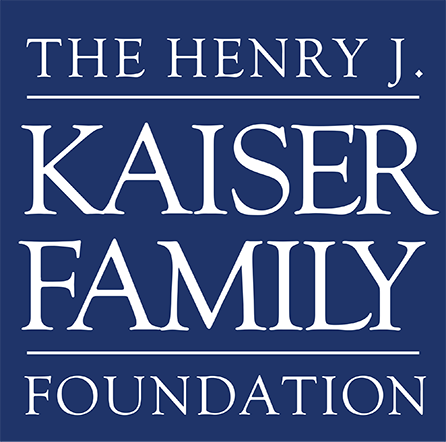Evolving the Kaiser Family Foundation’s Data-Rich Platforms

Since the early 1990s, the Henry J. Kaiser Family Foundation has been a nonprofit dedicated to delivering free, trusted, non-partisan content relating to national health issues. They are a leading source of data and analysis used by a wide array of publications and researchers to inform their own reporting on the issues.
A historic data and site migration
In 2012, they looked to Alley Interactive and WordPress VIP to build a new and flexible platform that could unify all of their legacy content and sites and put them in a position to continue to innovate online. This required migrating 20 years’ worth of data spanning 10 different data sources including two content management systems, Sitecore and Commonspot, to WordPress. In the course of this initiative, they sought to provide consistency across their wide range of sites, publications, and form factors, broaden the number of contributors who directly used their publishing tools, and improve efficiency and reuse across the platform. In keeping with their mission, they sought above all to make the full depth and breadth of content they produce accessible to as many people as possible.
“In the past, the staff didn’t touch the CMS. They wrote things in Word, sent it to the production team, and they put it online. With WordPress, that workflow is changing dramatically. We’ve trained many of our content creators in the CMS. And, the closer the content creators are to it, the more creatively they are able to think about it.”
David Rousseau, Vice President, Kaiser Family Foundation
From kickoff to launch, the project took a little over a year, and included the following:
- Developing a comprehensive inventory of KFF’s sites, which led to the identification of 37 custom post types, 18 custom taxonomies, and 300 custom fields.
- Executing and optimizing an intensive data and site migration that involved bringing data over from six different databases.
- Crafting a selectively responsive design approach that allows the site to deliver its varied form factors gracefully to its key audiences.
- Building an extensive, faceted search engine with Elasticsearch on top of WordPress.
- Creating custom editorial tools that have turned non-technical writers into users of the CMS.
Consolidating legacy sites and content management tools surfaced a total of 37 custom post types, 18 custom taxonomies, and 300 custom fields.
Between the new infrastructure, a complete redesign, and all-new custom tools, the new digital platform has dramatically improved the experience of its audiences as well as its creative and technical teams. By unifying all publishing on WordPress, KFF massively simplified the way their teams create, edit, and publish data, and brought it to a platform that creators found easy to adopt. New editorial features allow KFF to publish anything from an easily navigable 100-page research report with charts, graphs, and slides, to an interactive calculator, quiz, or timeline, all from the same toolset. And it has improved efficiency, with most authors now directly involved in the publishing flow instead of handing off materials to a separate group of content managers.
Custom faceted search
The site’s innovative faceted search tools are designed to allow users to search within particular types and sets of information, to reduce frustration and deliver the right content at the right time. Speaking shortly after the site’s launch in 2013, Kaiser Family Foundation Vice President David Rousseau remarked:
“The search is definitely one of the standout features of the new site. It’s a unique and detailed faceted search that exposes people to all our content, and the data center is directly integrated into both the CMS and search. Other data-heavy organizations like ours, still operate multiple websites with data and CMSes that are not integrated. I think we’re the first in our space to do that—with as much diverse content as we have all in one home.”
David Rousseau, Vice President, Kaiser Family Foundation
In addition to improving user experience, massively increasing the ways people can access their work, increasing efficiency, and reducing costs, the site migration also gave KFF a platform built to grow and evolve with the digital landscape for years to come. With WordPress VIP handling all aspects of the infrastructure and support, they are free to focus on fulfilling their critical research and communication mission.
To read more details behind the project including each of the new tools and features, see the expanded case study by Alley Interactive.
